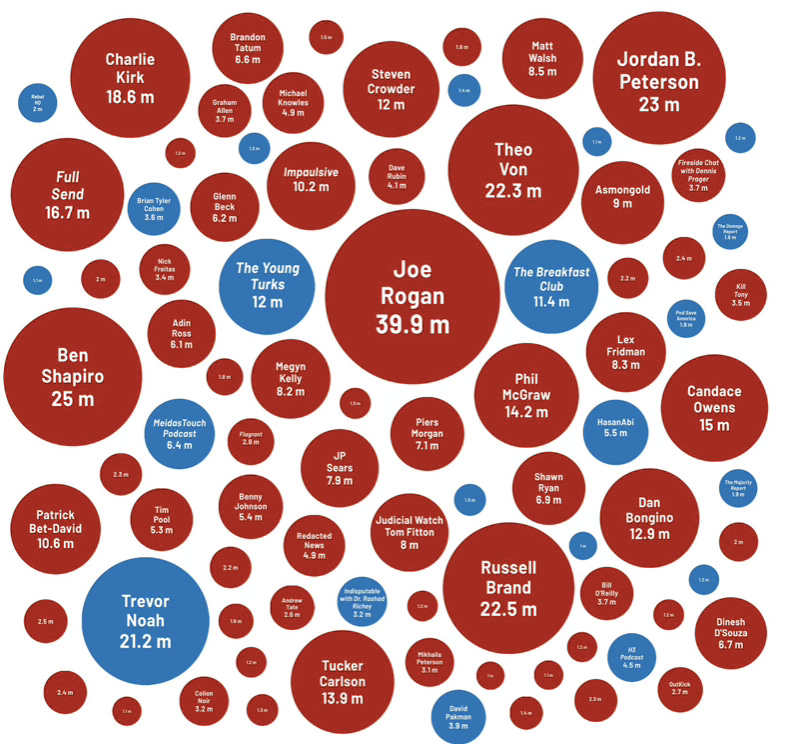Outside Influence
How Is Disinformation Shaping Canada's 2025 Election Campaign?
This is the first report in the series promised earlier this week. It will be brief.
Let’s start with a shout out to others now tracking disinformation in Canada’s news landscape. The first is Get Fact, an online community of fact-checkers, led by accomplished media veterans, which launches formally on April 8 but already has a very worthwhile Substack to which you may wish to subscribe.
The second is DisinfoWatch, founded by Marcus Kolga, which has excellent online resources related to the current election available here.
The government of Canada and Privy Council Office also have also made helpful resources available, as have Global Affairs Canada and Public Safety Canada. To the best of my knowledge, this is the first time Ottawa has highlighted such risks so prominently during an election: kudos to them and their partners.
Now onto our first assessment, which today reports under two headings:
What the Bots Are Saying
This is a subjective assessment, by a long-time observer of inauthentic online activity on Twitter/X, YouTube and to a lesser extent Facebook, TikTok, Instagram, WeChat, LinkedIn and other platforms. It is informed by deep familiarity with Russia-directed narratives, which comprise the lion’s share of online foreign-backed influence, and the so far limited research and scholarship about them.
By way of background, Russian-directed assets have over the past decade supported a wide range of Canadian political parties and candidates — often the most extreme. During most of 2024, these assets broadly supported Pierre Poilievre’s Conservative Party of Canada (CPC). In early 2025, they mostly turned against the CPC.
During this year’s Liberal Party of Canada (LPC) leadership race, they generally supported Mark Carney and Karina Gould. At this time, Canada’s Security and Intelligence Threats to Election Task Force (SITE) also identified “coordinated and malicious activity” targeting then-former minister Chrystia Freeland on WeChat, a platform closely tied to the the Chinese government. Leading analysts agree China and Russia are coordinating campaigns on a range of disinformation fronts.
Since this election was called on March 23, the Diehard Optimist has closely examined three samples of online election-related posts, largely from Twitter/X, whose owner and algorithms are closely aligned with Moscow’s strategy and priorities for elections. About 25% were hostile to Carney, with the rest neutral or positive. An average of 70% were hostile to Poilievre; the balance neutral or positive.
Our current assessment is that Russian operations using algorithms, inauthentic accounts (bots) and directed proxies are not fully supporting any leading candidate. But they are roughly three times as likely to be hostile to Poilievre as to Carney. This divergence has increased over the first five days of the campaign.
The US Dimension
At the start of this election, there was rightful concern about direct interference — beyond previous threats of tariffs and annexation — by Trump, Musk, Vance or their supporters in this Russia-friendly illiberal ecosystem centred on X:
This group’s podcast audiences also dwarf liberal rivals:
Over the first five days, we have not yet detected any significant, coordinated US-based activity aiming to influence Canada’s elections.
Active anti-CPC hashtags #PierrePoilievreisMAGA and #MapleMAGA may originate in Canada, Russia, the US or elsewhere.
In fact, we have not so far identified any prominent foreign-backed narratives targeting this election that originate in countries other than the US.
Remember: this post is free. Please pass it on with anyone interested in defending democracy and ensuring the integrity of Canada’s elections.
See you next time.





Interesting piece of information. Thank you Chris.